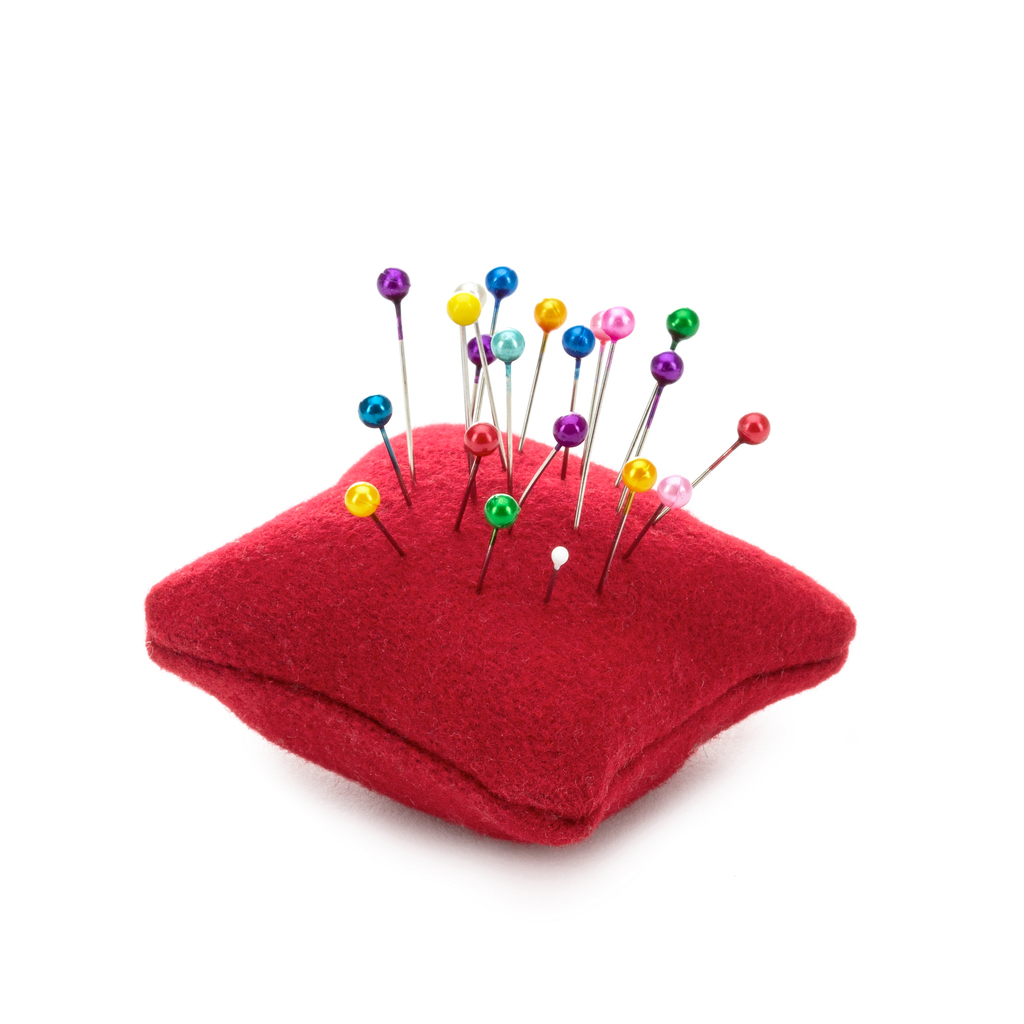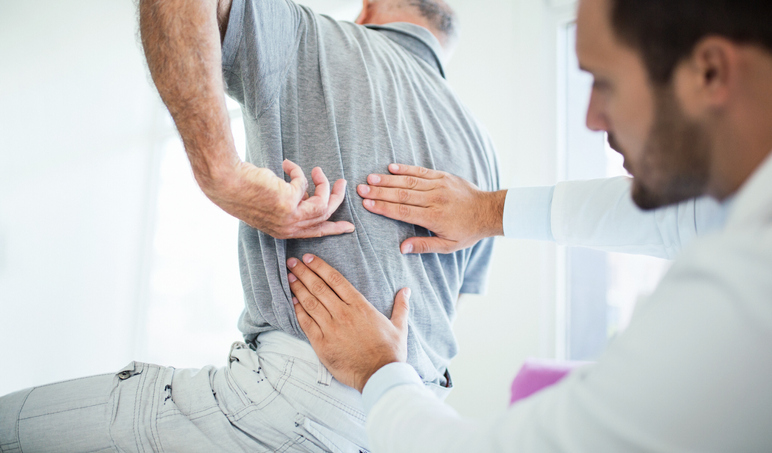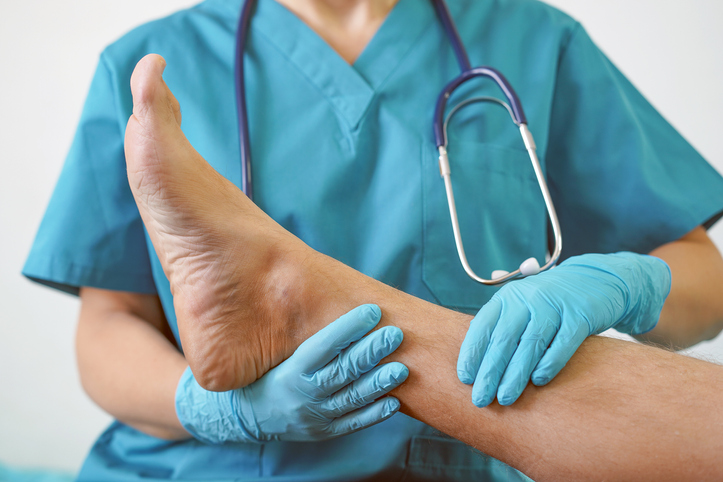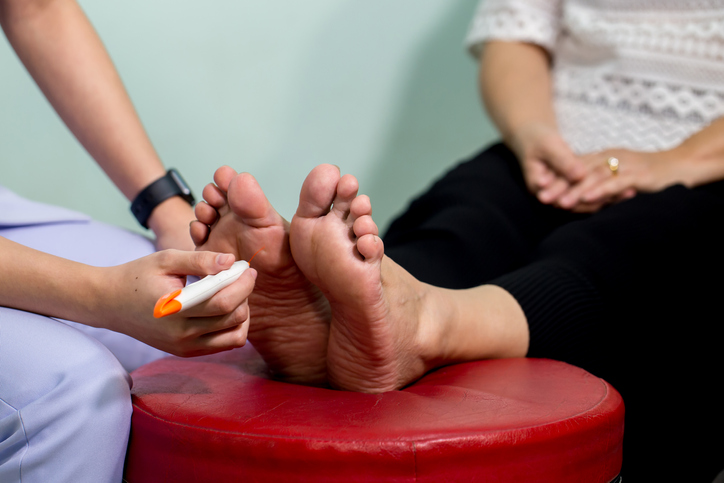Pain
Pins and Needles Pain Could Be a Concern

What is “pins and needles” pain?
Most people have experienced tingling or numbness, such as when a foot or hand “falls asleep.” This is typically caused by a nerve becoming irritated. The medical term for “pins and needles” is paresthesia, which is usually harmless and temporary. However, it can be an indicator of a serious health condition.
Symptoms
The “pins and needles” feeling is common in the hands, feet, legs or arm, but it can occur in other areas of the body. Symptoms include, but are not limited to, the following:
- Burning
- Itching
- Numbness
- Prickling
- Tingling
When to be concerned
Although the feeling of “pins and needles” is often caused by prolonged sitting on a leg, leaning on an arm, etc., it can also be a symptom of an underlying health condition. This is especially true if it is constant, occurs for no apparent reason, or is long-lasting. Chronic paresthesia could be the result of brain damage, nerve damage, spinal cord injuries, or other serious medical issues.
Causes
Paresthesia can be caused due to various reasons. Common causes include, but are not limited to, the following:
- Carpal tunnel syndrome
- Celiac disease
- Diabetes
- Fibromyalgia
- Injury
- Kidney failure
- Lupus
- Lyme disease
- Medications
- Multiple sclerosis
- Neuropathy
- Pinched nerve
- Radiculopathy
- Raynaud’s phenomenon
- Rheumatoid arthritis
- Sciatica
- Shingles
- Spondylosis
- Stroke or mini stroke
- Vitamin deficiency
Risk factors
The risk of developing paresthesia is increased due to various reasons. They include the following:
- Autoimmune disease
- Certain antibiotics
- Chemotherapy
- Heavy alcohol consumption
- Low vitamin levels
- Neurologic condition
- Poor diet
- Repetitive movements
- Type 1 or 2 diabetes
- Seizure medication

















